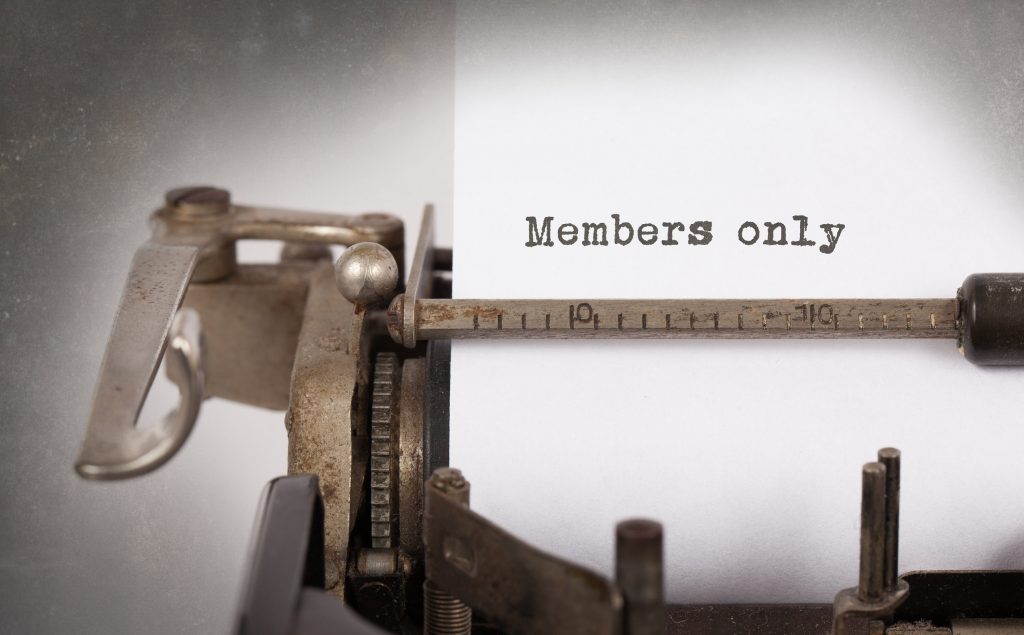For Members
Become a Member
For professionals who would like to join the Collaborative Association of the Rochester Area, Inc. (CLARA), please contact Katie Castro, chair of the Membership Committee at Kathryn.r.castro@ampf.com. To review membership requirements, see that section below.
Membership Fees
Annual fees for membership—due by July 1 of each year, payable to CLARA:
$245 for non-attorneys
$295 for attorneys



Membership Renewal
Approved new members and members seeking to renew can send a check or credit card information to:
Greg Wise, Esq.
1140 Crosspointe Lane, #5A
Webster, NY 14580
(585) 545-4145
Benefits of Membership
Joining our organization can help you grow your practice and improve your craft in Collaborative Divorce, while gaining the benefits of camaraderie and community. CLARA sponsors monthly educational forums, informal social gatherings, and happy hours. Larger annual events include a picnic, an annual summer meeting, and a holiday banquet. Every one to two years, CLARA offers an introductory training on Collaborative Divorce and invites a speaker from out of town.



All these activities provide opportunities to network and connect with colleagues in the Collaborative Divorce field. One of the best ways to become involved in our organization and community is to join a committee (which also satisfies CLARA continuing education requirements).
Our membership aims to ensure the highest standards of practice in Collaborative Divorce through continuing education, community discussion, and a protocols committee that addresses ethical and other challenges related to practice.
Requirements of Membership
To become a Collaborative Divorce professional and a member of CLARA, you must complete an approved introductory two-day training. Such trainings are regularly offered by CLARA but also available elsewhere. A training in mediation, though not required, is also highly recommended.
You must also comply with the continuing education requirements as established by the CLARA board and complete the annual membership pledge with the payment of annual dues.
Additionally, the requirements for each type of Collaborative Divorce professional are as follows:
Attorney: Juris Doctorate and a license to practice law in New York.
Facilitator: a post-graduate degree and license in mental health or certification in mediation and/or five years of mediation practice, a trained Collaborative attorney who also practices mediation. There may be exceptions to these requirements based on other related experience and at the discretion and approval of the Board.
Financial Specialist: a professional certification or post-graduate degree in finance.
Child Specialist: a post-graduate degree and license in mental health with coursework and clinical experience with youth and families, or other certification or experience as approved by the board.



Committees
Education
Marketing
Membership
Protocols
Reduced Fee
Calendar of Events
Brown Bag Lunch Series–12:15 (Zoom) Third Wednesday of each month.
Topic is case reviews.
To sign up, contact Renee LaPoint at her email address: renee@mediationctr.com
Board Meetings (open to membership)–8:30-9:30 am (Zoom) Third Friday of each month (unless otherwise specified).
No board meetings July, August.
Attended by board members, but open to members.
Divorce Academy
March 11 (brief intro to Collaborative Practice)
Contact Jennifer Fazio for more information, email: jfazio@dcfesq.com
CLARA Happy Hour
Join us on Thursday, June 26, 2025, at 4:00 pm at Rising Storm on Blossom Road. Open to members and friends of members.




